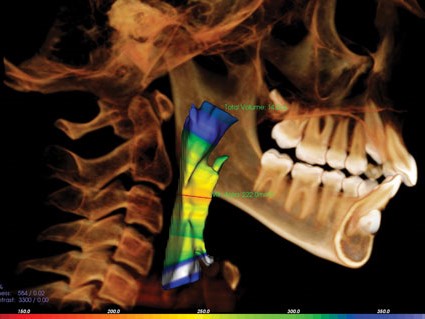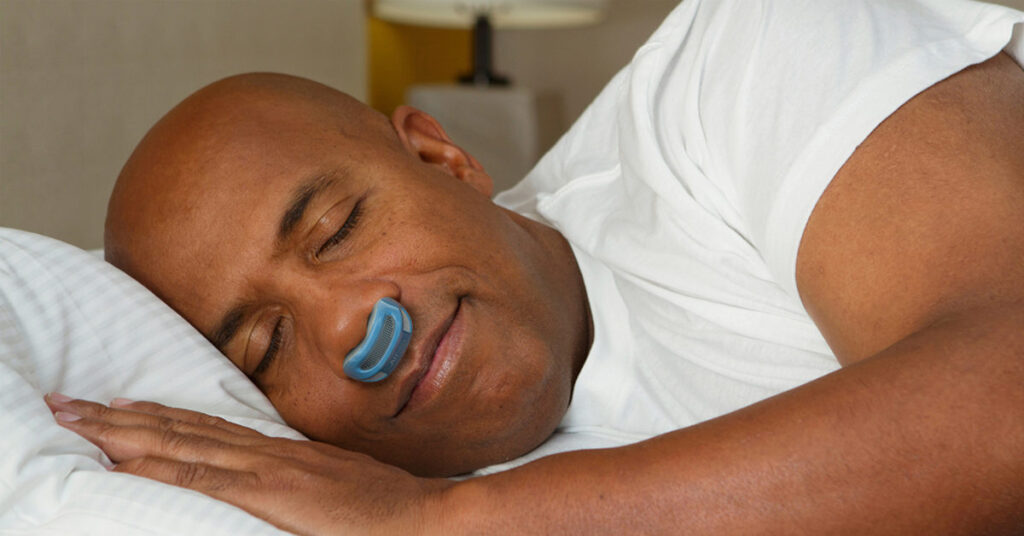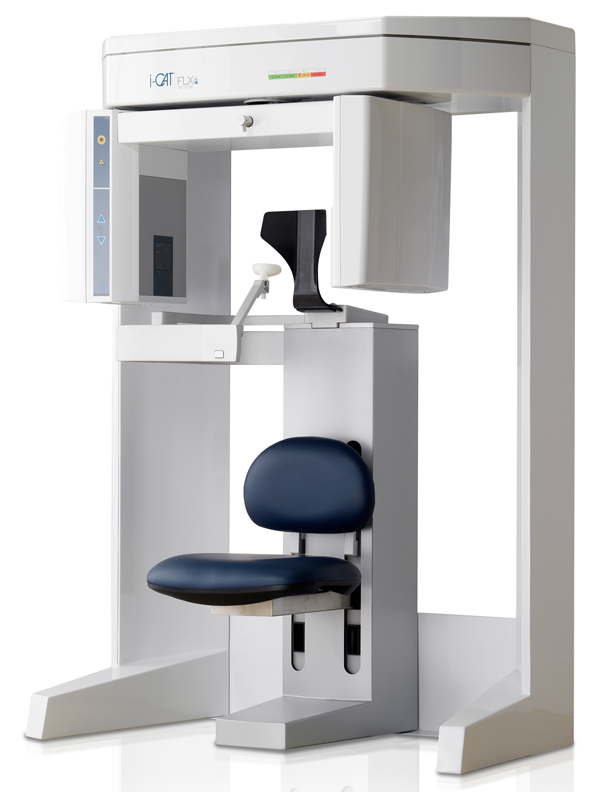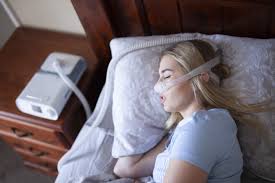Airway Orthodontics
Sleep issues related to airway, snoring & sleep apnea facts:
What is a good night’s sleep? How do we describe it? When given the opportunity to get a good night’s sleep do we always achieve the goal? On average, adults will sleep 7-8.5 hrs each night. The need for sleep varies with every person. While some adults only need 7 hrs of sleep, others may need 9 hrs or more of sleep. Throughout a person’s life, for example, infants need between 16 & 18 hrs of sleep. Children in preschool need between 11 & 13 hours a day. Children attending elementary school, middle school or high school need at least 10 hrs of sleep each night. Teenagers require between 9 & 10 hours of sleep a night, and due to the hormonal influences of puberty & adolescent’s the biological clock is shifted, causing them to fall asleep later & to wake up later in the morning. The delay in their sleep-wake patterns is often the reason that teenagers only get between 7 to 1.5 hours of sleep per night. We all know if we don’t get any sleep we begin to become tired, lethargic & irritable, thus sleep is crucial for maintaining a healthy lifestyle. The airway plays a large role in how well you sleep & unfortunately our airways constrict in size as we get over age 35. We are now seeing that if we correct airway issues in growing children there will be less airway related health problems as they age.
 As we age & become older, our sleeping pattern changes once again. Specifically, the amount of time we spend in a deep sleep is significantly altered. We tend to sleep much lighter as we age, unfortunately. From mid to late-life people tend to awaken more throughout the night. The stages of sleep appear to stay mostly constant after infancy. These disruptions in sleep cause older people to lose more & more Stage 1 & Stage 2 Non-REM sleep (REM meaning Rapid Eye Movement which is needed to stay youthful and feel regenerated upon waking). Everyone has heard of getting their beauty rest and if you don’t sleep you can’t perform properly. Non-REM sleep refers to a decrease in metabolic activity, slowed breathing, heart rate, & the absence of dreaming. REM sleep refers to deeper sleep where dreaming & healing/regeneration occurs. REM sleep is important because it is the restorative part of our sleep cycle, it is the time the body cleanses itself and rejuvenates. Typically, you begin with a period of non-REM sleep followed by a very short periods of REM sleep. The first REM sleep period usually occurs about 70-90 minutes after we fall asleep. A complete sleep cycle takes 90-110 minutes on average. The first sleep cycles each night contains relatively short REM periods & long periods of deep sleep.
As we age & become older, our sleeping pattern changes once again. Specifically, the amount of time we spend in a deep sleep is significantly altered. We tend to sleep much lighter as we age, unfortunately. From mid to late-life people tend to awaken more throughout the night. The stages of sleep appear to stay mostly constant after infancy. These disruptions in sleep cause older people to lose more & more Stage 1 & Stage 2 Non-REM sleep (REM meaning Rapid Eye Movement which is needed to stay youthful and feel regenerated upon waking). Everyone has heard of getting their beauty rest and if you don’t sleep you can’t perform properly. Non-REM sleep refers to a decrease in metabolic activity, slowed breathing, heart rate, & the absence of dreaming. REM sleep refers to deeper sleep where dreaming & healing/regeneration occurs. REM sleep is important because it is the restorative part of our sleep cycle, it is the time the body cleanses itself and rejuvenates. Typically, you begin with a period of non-REM sleep followed by a very short periods of REM sleep. The first REM sleep period usually occurs about 70-90 minutes after we fall asleep. A complete sleep cycle takes 90-110 minutes on average. The first sleep cycles each night contains relatively short REM periods & long periods of deep sleep.
A few quick screening questions to ask yourself or your loved ones:
Have you ever woken up in the middle of the night & could not go back to sleep? Do you wake up multiple times to use the bathroom? Do you toss & turn at night? Do you snore at night? Do you grind your teeth at night? Do you wake up feeling tired & restless or rested & relaxed? Do you feel tired in the middle of the day? Have you had a sleep study? Have you been told you snore at night? Have you had your airways evaluated? Have you been diagnosed with TMJ or Sleep Apnea? Do you generally feel fatigued? Do you notice your children are restless and not attentive? Does your child urinate in their bed at night while sleeping? Does your child suffer from fatigue, attention deficit disorder (ADD), or digestion issues? If you answered yes to multiple questions this may be a sign to have your Airway evaluated.
What does that all mean to you?
If you are suffering from sleep related or airway issues you may need a 3D CBCT scan to screen or evaluate if there is some airway obstruction. If we see some obstruction we would then follow up with a take home sleep study or a scheduled sleep evaluation at a sleep center. If you are not feeling rested in the morning & you feel tired throughout your day, start to evaluate the quality of your sleep. When people have obstructive sleep apnea they will experience hypoxic (no breathing) events at night which completely stop their breathing for some period of time. This can be very scary to hear a loved one not breathing and then waking up dramatically and gasping for air. When this happens multiple times in the night it can have a very negative effect on the normal functioning of the brain.
There are easy tools like fit bits, apple watches, apple iphones etc… that you can sleep with and it will track your sleep restlessness. If you snore & wake up several times in the night you may have sleep related health issues due to constriction of your airways. We now offer all our patients a 3D CBCT scan to evaluate the size & shape of the airway to help screen for airway issues that may be effecting your sleep & your overall health. We are screening as early as age 7 to help prevent airway issues through development which can prevent sleep & airway issues. Below is a short list of health problems related to sleep & airway issues.
Health problems related to airway & sleep related issue
Sleep related issues including snoring is a big problem, & an early indicator of OSA (Obstructive Sleep Apnea) which leads to a list of health problems such as:
• Acid reflux
• Frequent night time urination (Nocturia)
• Memory loss
• Stroke
• Depression
• Diabetes
• Heart attack
• Attention Deficit Disorder
• Fatigue
• and many other associated health related symptoms
Recognizing your sleep is a very important part of healing and regenerating your body is the first step to overall health. The second step is to ask yourself the list of screening questions above and review the list of health problems. If you answered yes, and or have some of the health related problems in the list call us or set up your initial consultation online immediately. Dr. Alpan has been treating airway related issues for two decades and has seen incredible life changing health improvements with his treatments.
How does Airway Orthodontics work?
A persons airway grows up to about age 35 & then it begins to constrict. If a normal persons airway size shrinks to below normal it will lead to OSA, which will create health problems related to sleep issues. Therefore our goal is to develop a large airway in our growing patients to help prevent OSA or sleep related issues. Dr. Alpan can treat this problem with expansion treatment of the dental arches to help maximize the physical size of the entrance to the airway. Our goal is to over expand the size of the dental arches to help effect the opening into the airway. At the same time we straighten the teeth which improves the bite & helps to keep the airway entrance open longer.
 The airway of an adult over age 35 is no longer growing which requires help to open the constriction. There are many sleep apnea devices that can be designed for the mouth to help bring the lower jaw forward to help open the airway at night during sleep. There are some soft tissue surgeries to help remove obstructions in the airway. Various treatments have been in place such as C-pap machines to force air into the lungs at night to help treat or reduce the symptoms of OSA. Widening the arches in our adult patients has also helped to improve airway and sleep related problems from progressing. Unfortunately these are not a long term solutions and require new devices over time. The unfortunate side effect of these devices leads to shifting the bite and making it uncomfortable to chew or eat. The gold standard for a complete correction in adults is to utilize the benefits of surgery to bring the jaws forward to open the airway mechanically. Dr. Alpan wants to help prevent health related problems by offering Airway Orthodontics as a solution to OSA and sleep related health problems, set up your consultation online or call us at your convenience.
The airway of an adult over age 35 is no longer growing which requires help to open the constriction. There are many sleep apnea devices that can be designed for the mouth to help bring the lower jaw forward to help open the airway at night during sleep. There are some soft tissue surgeries to help remove obstructions in the airway. Various treatments have been in place such as C-pap machines to force air into the lungs at night to help treat or reduce the symptoms of OSA. Widening the arches in our adult patients has also helped to improve airway and sleep related problems from progressing. Unfortunately these are not a long term solutions and require new devices over time. The unfortunate side effect of these devices leads to shifting the bite and making it uncomfortable to chew or eat. The gold standard for a complete correction in adults is to utilize the benefits of surgery to bring the jaws forward to open the airway mechanically. Dr. Alpan wants to help prevent health related problems by offering Airway Orthodontics as a solution to OSA and sleep related health problems, set up your consultation online or call us at your convenience.
